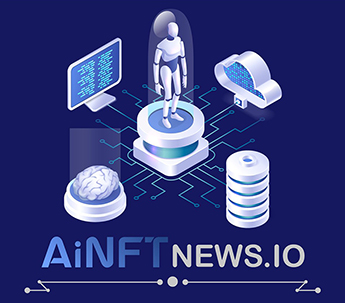Quick take:
- The card allows users to make purchases directly from their self-custodial wallets.
- It will initially support transactions using USDC, USDT and wETH assets held on the layer-2 network Linea.
- A broader distribution of the MataMask Card is scheduled for later this year.
MetaMask has rolled out the pilot of its blockchain-based debit card developed in collaboration with Mastercard and crypto payments API platform Baanx. The MetaMask Card allows users to make crypto purchases directly from their self-custodial wallets.
In the limited pilot, only a few thousand users in the UK and the EU will be able to access the service, with a broader rollout scheduled for later this year. Users will be able to make purchases using USDC, USDT and wETH assets held on the layer-2 network Linea, the company said in an announcement on Wednesday.
MetaMask’s self-custodial crypto wallet is one of the most used crypto wallets with more than 30 million monthly active users. It is connected to nearly every Web3 app according to a statement on its website.
On the other hand, Mastercard data indicates that as of 2023, more than 1 billion Mastercard credit and debit cards were in circulation.
MetaMask has been on a mission to democratise access to the decentralised web as it seeks to transform the internet and world economy to one that empowers individuals through interactions based on consent, privacy, and free association.
However, like many blockchain companies onboarding the non-crypto native community has been one of the biggest challenges.
Mastercard has been working with Baanx as part of its mission to embrace the new paradigm shift in global financial services, and its collaboration with MetaMask brings together two of the biggest companies in their respective industries.
“We saw a significant opportunity to make purchases for self-custody wallet users easier, more secure, and interoperable,” said Raj Dhamodharan, executive vice president of blockchain and digital assets at Mastercard.
Simon Jones, chief commercial officer at Baanx commented: “Anybody who has access to a mobile phone should be able to get access to a basic range of financial services by default. This would have huge implications in countries with large numbers of unbanked or underbanked individuals.”
Stay on top of things:
Subscribe to our newsletter using this link – we won’t spam!
Follow us on X and Telegram.
Credit: Source link









